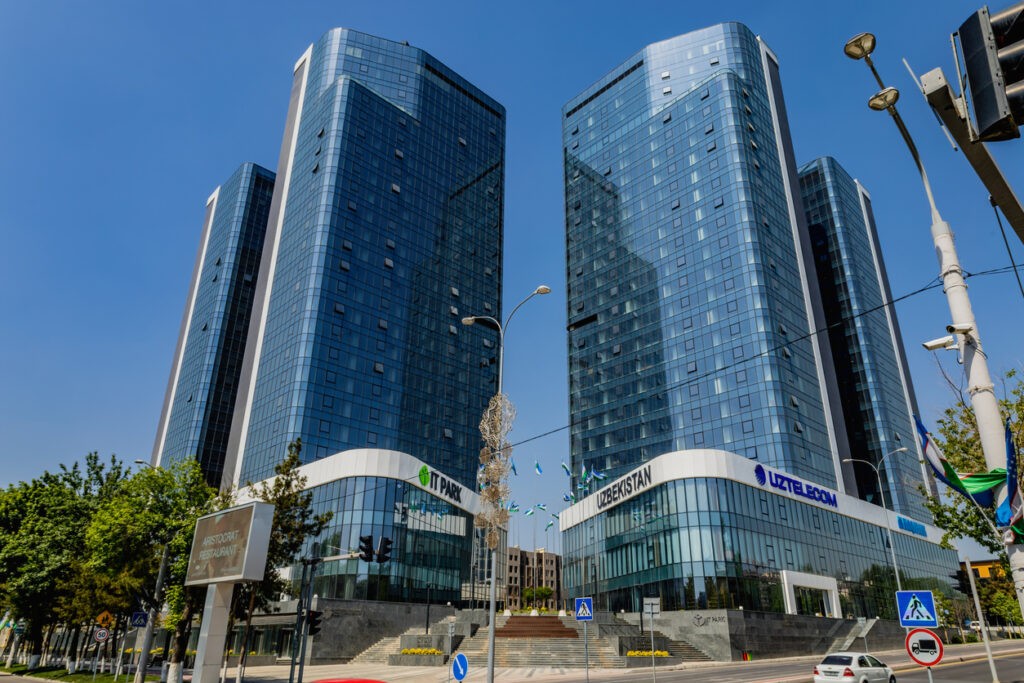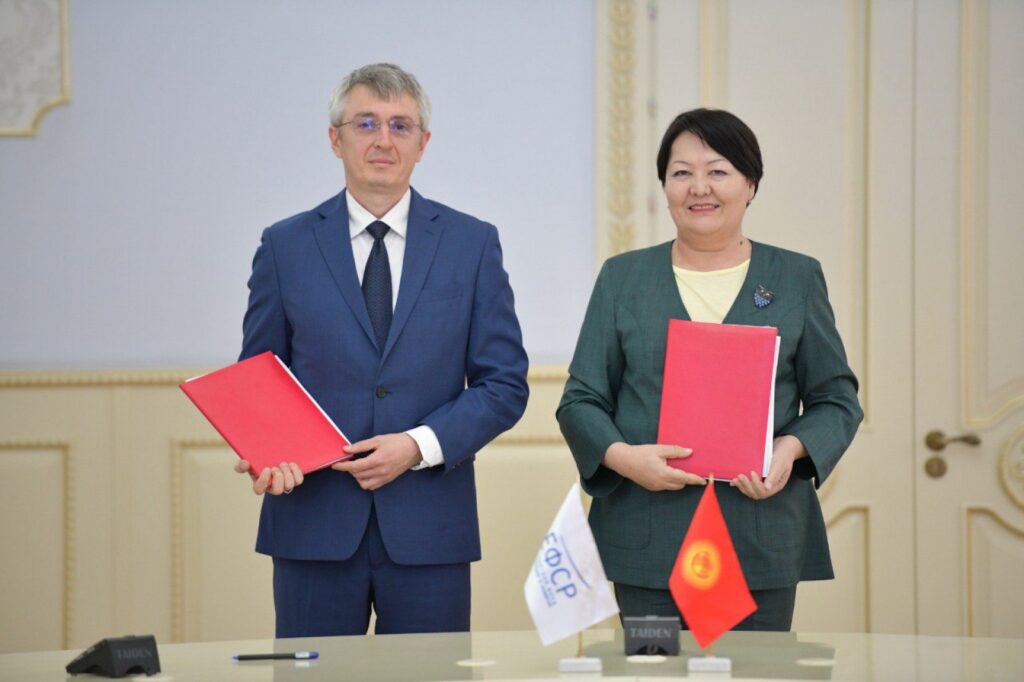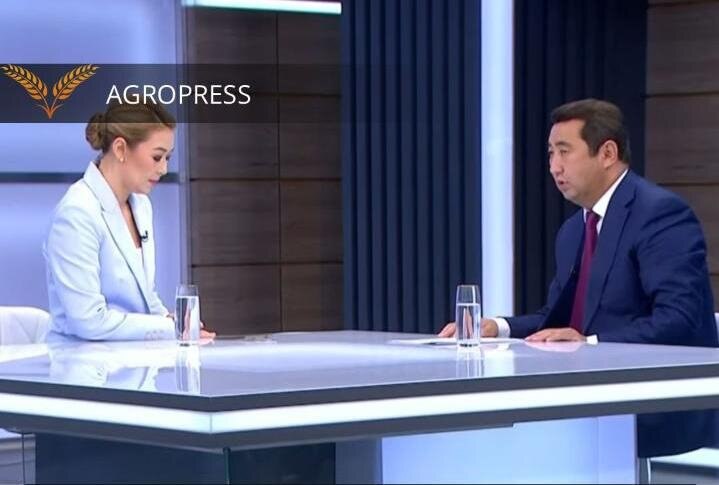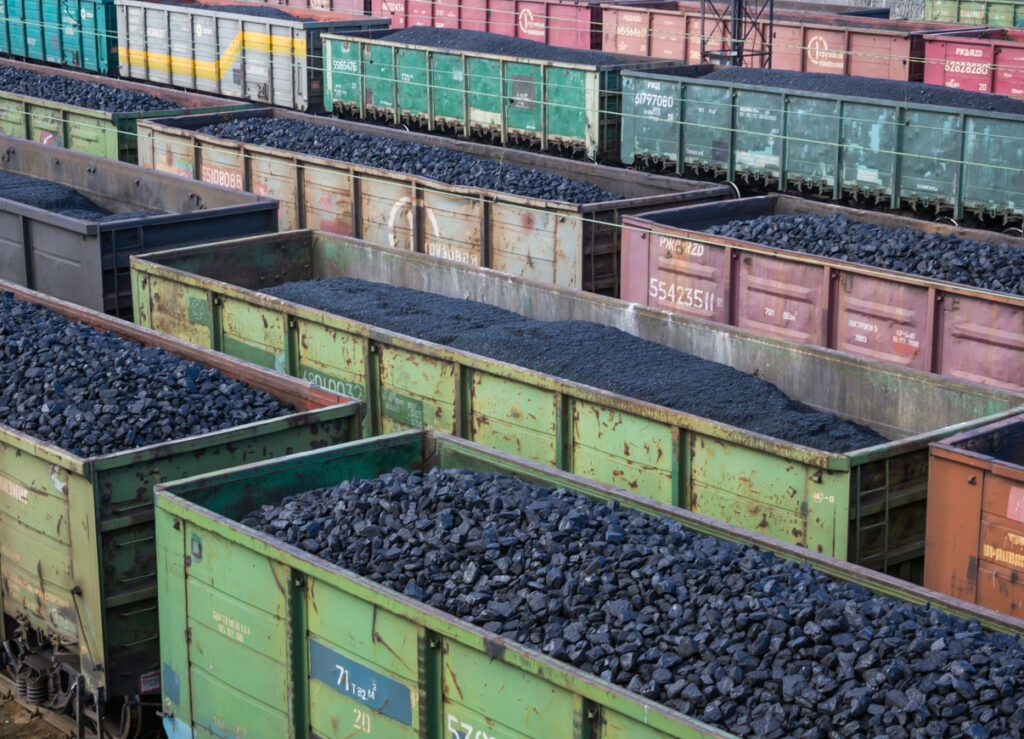The international rating agency Moody’s has raised Kyrgyzstan’s credit rating from negative to stable.
Contrary to Moody’s forecasts, the country’s economy and budget indicators have been almost unaffected by western sanctions against Russia, Kyrgyzstan’s largest trading partner. The agency had previously speculated that foreign investment in the mining sector could decline significantly after the nationalization of the Kumtor gold mine in 2022; however, this did not happen.
Nevertheless, Moody’s analysts noted Kyrgyzstan’s large public debt ($6.2 billion), and its vulnerability to depreciation of the national currency. “Financing from development partners, which reduces debt service costs, is a key factor supporting the rating. Political risks and external vulnerability risk continue to drive event risks,” Moody’s said.
The ratings agency believes that the Kyrgyz government strongly influences the nation’s economy. The unpredictability of some government decisions and the unstable domestic political situation may hinder long-term development. Analysts predicted Kyrgyzstan’s economy to grow by 4% this year.
Economist Nurgul Akimova explained to The Times of Central Asia that the country’s macroeconomic indicators have contributed to the change in Moody’s rating. According to Akimova, Kyrgyzstan’s economic fundamentals remain unchanged. Despite the low level of income and dependence on remittances from Russia, there is some sustainability — GDP indicators are growing.
“Let’s highlight three important points. The first is the lesser impact of geopolitical factors than the agency’s analysts expected. Kyrgyzstan’s economy has suffered to a lesser extent because of ties with Russia. This is due to the diversification of economic ties and the stability of key sectors of the economy. The second is the sustainability of the mining sector. You know that after the nationalization of the Kumtor mine, activity and investment in the mining sector remained stable, which also positively impacted the economy. The third is the support from international partners. We continue to work with development partners. You know that we take grants and loans from international organizations. These loans come at low rates, with low debt service costs, which has also played a role in maintaining the economic system,” Akimova said.
Kyrgyzstan avoids negative outlooks by trying to diversify its cooperation with different countries. For example, Kyrgyz labor migrants work in Russia, South Korea, the United States, and the EU.
“The very fact of multidirectional labor migration also affects the stable and sustainable development of the economy. Kyrgyz abroad have close ties with their homeland,” Akimova said.
The Kyrgyz Ministry of Economy and Commerce noted that the change in Moody’s forecast indicates the balance of risks in the country. Speaking at a press conference in Bishkek, economy minister Dastan Amangeldiev noted positive economic dynamics.
“Structural adaptation to the changed external conditions, the recovery of domestic demand and investment activity contributes to an upturn in economic activity and economic growth,” Amangeldiyev said.
According to the National Statistics Committee, in January-March 2024, the GDP volume was valued at 248.8 billion soms (around $2.8 billion), showing a real growth rate of 8.8%. The key growth drivers in the first quarter of this year were the service sector and construction.









